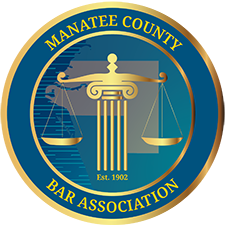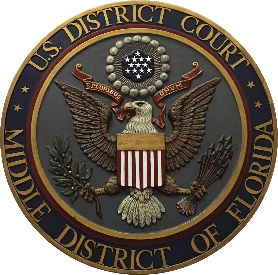The Role of a Letter of Intent in Your Estate Plan
Estate planning is a comprehensive process that involves making decisions about how your assets and affairs will be handled after your passing. While many people are familiar with key documents like wills and trusts, one often overlooked but valuable component of an estate plan is the Letter of Intent (LOI). This document, while not legally binding like formal estate planning documents, serves a unique and vital role in providing guidance, context, and additional information to your loved ones and beneficiaries.
Clarifying Intentions
One of the primary roles of a Letter of Intent is to clarify your intentions. It allows you to explain the motivations and reasoning behind the decisions you’ve made in your formal estate planning documents. This can be particularly important if your choices might seem unusual or unexpected to your beneficiaries. By providing context, you can help prevent confusion or potential disputes.
Distribution of Personal Property
A common use of an LOI is to specify how you want your personal property distributed among your heirs or beneficiaries. Personal belongings like jewelry, artwork, family heirlooms, and sentimental items often hold significant emotional value. An LOI can detail who should receive specific items, reducing the chances of disagreements over these cherished possessions.
Special Instructions
In addition to personal property distribution, an LOI can include special instructions for unique circumstances. For instance, you might have specific requests related to the care of a beloved pet, the maintenance of family property, or the continuation of a family tradition. These instructions can provide valuable guidance to your loved ones.
Funeral and Memorial Wishes
Your Letter of Intent can also express your preferences regarding end-of-life arrangements. This can include details about your funeral or memorial service, your preferences for burial or cremation, and any specific arrangements you desire. This information can ease the decision-making process for your family during an emotional time.
Financial Account Information
While your formal estate planning documents should include information about your financial accounts, an LOI can supplement this by providing a comprehensive list of accounts, assets, and debts. This makes it easier for your executor or trustee to locate and manage your financial affairs.
Digital Assets and Passwords
In the digital age, many of our important assets and records are stored online. An LOI can include a list of your digital assets, along with usernames and passwords, enabling your executor or trustee to access these accounts as necessary. This can be invaluable in managing your online presence and financial affairs.
Healthcare and Medical Instructions
If you have specific healthcare preferences or medical conditions that you want your loved ones to be aware of, an LOI is a suitable place to document these details. This can include instructions related to medical treatment, healthcare proxies, or advance directives.
Family Information
The LOI can also serve as a repository for valuable family information. You can include a family history, important contacts, and any other information that you believe is essential for your loved ones to know. This can be particularly helpful for future generations.
Personal Messages
Many individuals use an LOI to write personal messages or convey their thoughts, blessings, or expressions of love to their family members or beneficiaries. These heartfelt messages can provide comfort and support during a challenging time.
Flexibility and Updates
Unlike formal legal documents, a Letter of Intent is easy to update as circumstances change or as you have new wishes or instructions. It provides a level of flexibility in your planning, allowing you to adapt to evolving family dynamics or personal preferences.
If you have questions or would like to learn how a Letter of Intent can work in your estate plan, call our office at 941-914-9145 to fill out our contact form and we will be in touch to schedule a meeting.






